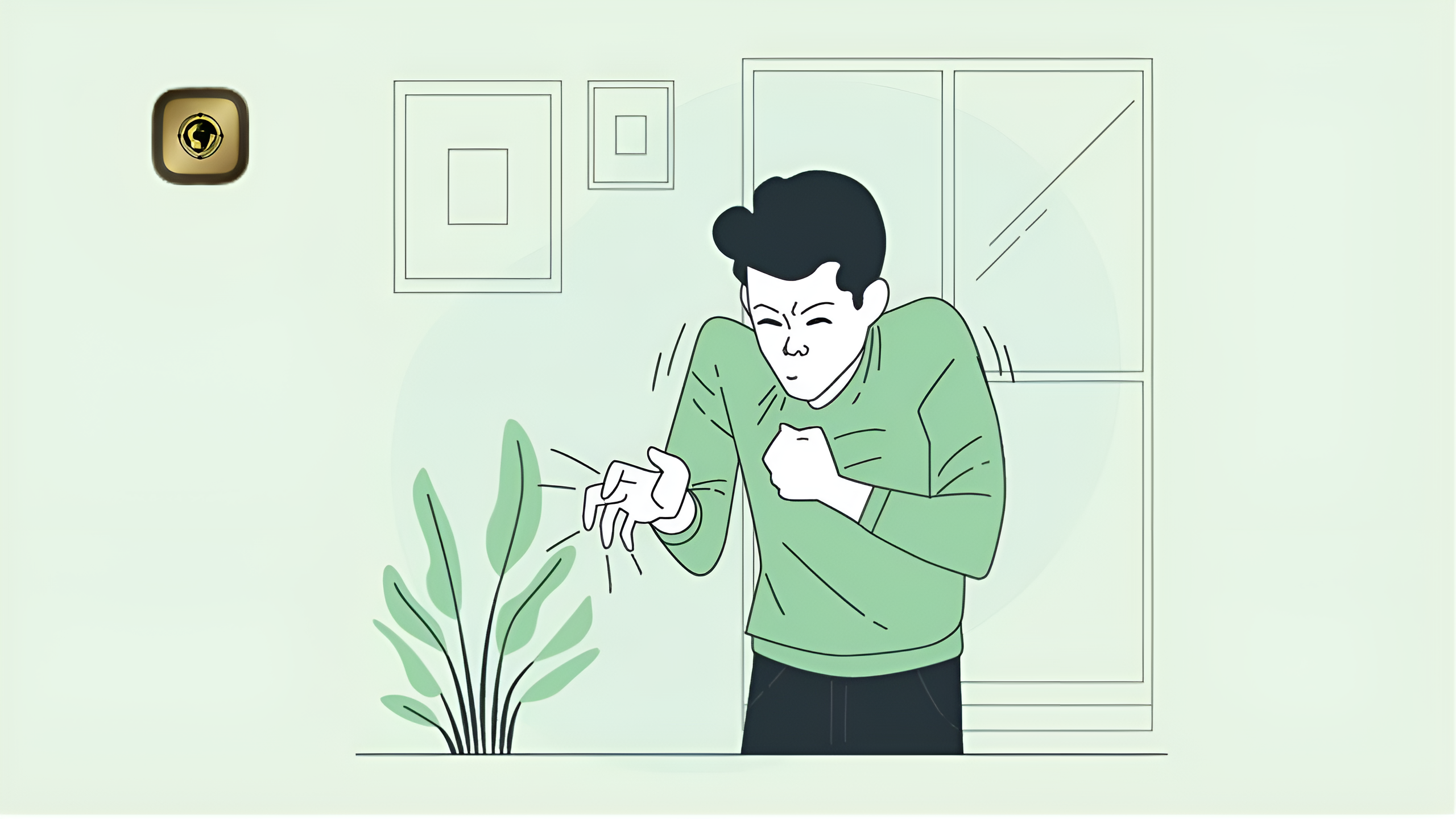April 3, 2025
Numbness in Hands (NIH): Causes, Symptoms, and Treatments
Numbness in hands (NIH) refers to a deficiency of sensation or feeling in the hands, which may arise from various causes. If left unaddressed, it may lead to diminished grip strength and fine motor skill impairment. While some cases of numbness are temporary and resolve on their own, others may require medical attention.
For instance, multiple sclerosis, a severe autoimmune disorder, can cause numbness in the hands. The financial and emotional toll of managing such a disease can be substantial. Choosing health insurance online can provide essential financial support in these situations.
While securing health insurance is crucial, being aware of potential medical conditions is equally important. Let’s explore the symptoms, causes, and possible treatments for NIH.
Causes of Tingling in Hands
Numbness or tingling in the hands can result from various factors, each presenting unique challenges. Below are some common causes:
- Carpal Tunnel Syndrome: Compression of the median nerve at the wrist leads to tingling and weakness in the hand.
- Peripheral Neuropathy: Diabetes affects nerves, causing numbness in hands and feet.
- Autoimmune Diseases: Conditions like rheumatoid arthritis or lupus can damage peripheral nerves.
- Neurological Disorders: Multiple sclerosis and Parkinson’s disease affect nerve transmission, leading to numbness.
- Alcohol Use Disorder: Excessive alcohol consumption can result in neurological damage and tingling sensations.
- Chemical Toxin Exposure: Heavy metals like lead and mercury disrupt nerve function.
- Infections: Certain bacterial and viral infections can damage nerves, causing sensation problems.
Symptoms of Numbness in Hands
Although numbness is the primary symptom, additional signs may include:
- Tingling and burning sensations
- Weakness or heaviness in the hands
- Difficulty with coordination and fine motor skills
- Challenges in gripping objects
- Pain or discomfort in the hands or wrists
Common Causes of Hand Numbness
- Carpal Tunnel Syndrome: Pressure on the median nerve due to repetitive tasks.
- Raynaud’s Disease: Blood vessel constriction reduces blood flow, causing numbness and discomfort.
- Peripheral Neuropathy: Nerve damage affecting extremities, often due to diabetes.
- Diabetes: Elevated blood sugar levels can cause diabetic peripheral neuropathy.
- Hypothyroidism: Inadequate hormone production results in weakness and tingling.
- Vitamin B12 Deficiency: Essential for nerve health, a deficiency can lead to numbness.
- Stroke: While NIH isn’t always an emergency sign, it may indicate a stroke in some cases.
- Multiple Sclerosis: Nerve fiber damage leads to numbness in various body regions.
- Lupus: An autoimmune disorder that can cause nerve damage and joint pain.
- Lifestyle Factors: Poor posture, repetitive movements, smoking, and excessive alcohol consumption contribute to circulation and nerve issues.
Treatments for Numbness in Hands
Conventional Treatments
- Rest and Stretching Exercises: Help relieve nerve pressure and improve circulation.
- Physical Therapy: Supports mobility and reduces numbness symptoms.
Medications
- Pain Relievers: Over-the-counter or prescribed pain medications.
- Anticonvulsants & Muscle Relaxants: May help with nerve pain.
- Antidepressants: Sometimes used to manage chronic nerve-related discomfort.
Surgical Options
- Carpal Tunnel Surgery: In severe cases, surgical intervention may be necessary.
Alternative Therapies
- Massage Therapy: Improves circulation and nerve stimulation.
- Ultrasound Treatments: Can reduce nerve inflammation.
- Botox Injections: Used in some cases to relieve nerve compression.
Home Remedies for Temporary Numbness
If your numbness is temporary, consider these simple remedies:
- Warm Compress: Apply warmth to improve circulation and relax muscles.
- Massage: Use warm coconut or mustard oil to stimulate nerves and muscles.
- Hydration and Diet: Stay hydrated and consume B-vitamin-rich foods to support nerve health.
By understanding the causes and potential treatments for NIH, you can take proactive steps to manage symptoms effectively. If numbness persists or worsens, consult a healthcare professional for proper diagnosis and treatment.



Leave A Comment